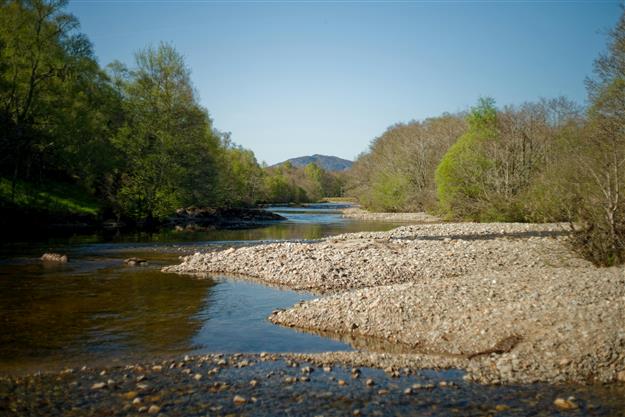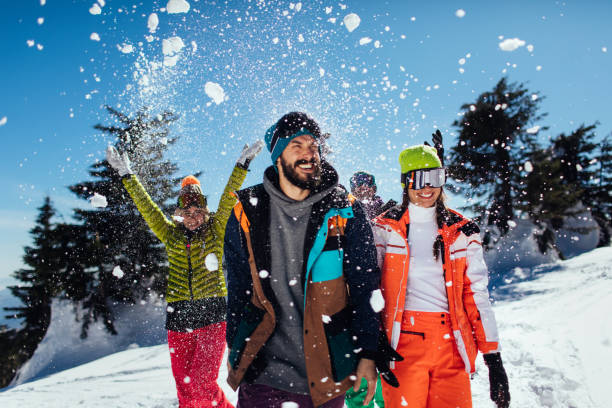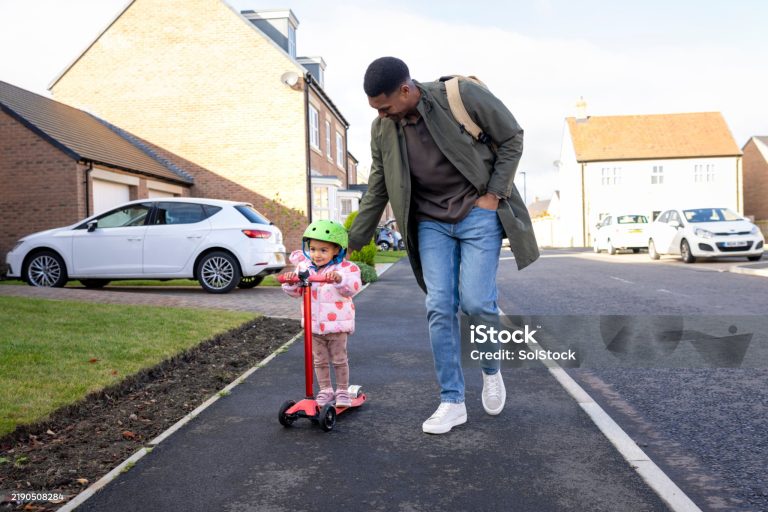
You don’t need to quit your job, buy a van, or hike the Andes to add a little thrill to your life. What if the secret to a more exciting existence isn’t a grand escape, but simply a shift in how you move through your everyday world?
That’s the idea behind micro-adventures—small, intentional departures from your routine that bring curiosity, play, and a sense of aliveness back into your life.
They’re accessible. They’re unpretentious. And they’re something you can start this week without needing to change everything.
What Exactly Is a Micro-Adventure?
Coined by British adventurer Alastair Humphreys, the term “micro-adventure” refers to short, local, and low-cost adventures that offer the same sense of challenge or novelty as a big trip—but on a much smaller scale.
Think of them as your antidote to the drag of sameness. They’re about seeing your surroundings with fresh eyes, breaking up your patterns, and reminding yourself that you don’t need to go far to feel more alive.
A micro-adventure could be as simple as:
- Sleeping under the stars in your backyard
- Taking a sunrise hike before work
- Exploring a nearby town you’ve never visited
- Trying a new activity you’ve always been curious about—archery, paddleboarding, salsa dancing
- Having a phone-free Saturday and letting your instincts lead the way
The specifics don’t matter as much as the spirit—getting out of autopilot and stepping into something that feels slightly out of the ordinary.

Micro-Adventures
Why Do We Need Micro-Adventures?
Modern life is highly structured. Most people wake up, get ready, work, eat, scroll, sleep—repeat. Even on weekends, habits tend to stay the same: same coffee shop, same errands, same people, same digital distractions.
Routines can be comforting. But over time, they can also dull your sense of wonder.
Micro-adventures shake that up—not to disrupt your life, but to refresh it.
They reintroduce unpredictability in the best way possible. They ask you to use your senses more, rely on your curiosity, and actually engage with the world around you rather than just passing through it.
They’re not a form of escape. They’re a way of returning—returning to yourself, your neighborhood, your capacity to feel excited by simple things.
The Psychological Benefits of Micro-Adventures
Even brief adventures offer a range of mental and emotional rewards:
- Boosted Mood: Trying something new gives you a hit of dopamine. It’s a simple, natural way to shift out of mental ruts.
- Presence: When you’re doing something unfamiliar—like taking a new route home or camping somewhere unexpected—you become more alert, more attuned, more alive in the moment.
- Confidence: Doing small things outside your comfort zone builds internal strength. It’s a quiet reminder: “I can try things. I can adapt. I can enjoy the unknown.”
- Connection: Many micro-adventures encourage social spontaneity. Inviting a friend on a last-minute road trip, joining a local workshop, or even just talking to someone new breaks the bubble of isolation.
- Creativity: Changing your environment or experiences can spark new ideas. If you feel creatively blocked, a micro-adventure might be exactly the shake-up you need.
Ideas to Get Started — No Planning Required
You don’t need a plan. You don’t even need a reason. You just need the willingness to do something a little different.
Here are a few low-effort, high-reward ideas:
Weeknight Wildness
- Eat dinner on your rooftop or balcony—even if it’s just takeout.
- Walk to a part of town you’ve never explored. Take different streets than usual.
- Catch the sunset from a spot you’ve never watched it from before.
Weekend Shifts
- Set your alarm early and do something before your day begins. A walk in the woods. Coffee at sunrise. A silent drive with a playlist you’ve never listened to.
- Do a 24-hour no-screens day and follow only real-world cues. No maps, no streaming, no Google. Let curiosity direct your time.
- Go camping—if not in nature, then in your living room. Set up a tent, use flashlights, read by candlelight. Be playful.
Solo Adventures
- Try eating alone at a new restaurant. No phone. Just your own company.
- Take yourself on a “first date”—dress up, go somewhere special, and pay attention like you would if it were all brand new.
- Rent a bike and explore the edge of your city.
With Others
- Host a night picnic in a park with fairy lights and simple snacks.
- Plan a micro-road trip—just a few hours away—for no reason at all.
- Try an activity none of you have done before: pottery, karaoke, indoor climbing, paddleboarding, urban foraging.
The point isn’t to go far or spend big. It’s to feel awake again.
Fitting Micro-Adventures Into a Busy Life
“I don’t have time” is the most common roadblock. But micro-adventures aren’t asking for a week off or a plane ticket. They just ask you to look at your existing time a little differently.
Try this:
- Turn one evening a week into your “micro-adventure night.” No rules—just try something slightly unfamiliar.
- Replace screen time with exploration. The average person spends over 3 hours a day on their phone. What would happen if you used just 1 of those hours to go outside and do something unplanned?
- Make errands more interesting. Bike to the store instead of driving. Walk a new route. Try a new grocery store just to see what’s different.
Once you start looking for chances to break routine, you’ll see opportunities everywhere.

Final Thoughts: You Don’t Need to Change Your Life to Feel More Alive
There’s a quiet joy in noticing the small things. A thrill in doing something new for no other reason than because you can. Micro-adventures bring that joy back into reach—not in some dramatic or performative way, but in a way that’s deeply human.
You don’t need to chase extreme highs or constant stimulation. You just need to bring a little more attention and play into the way you move through your ordinary days.
It’s not about escaping life. It’s about realizing how much of it is waiting for you—right here.
So go. Take the long way home. Eat under the stars. Talk to a stranger. Sleep somewhere unexpected. Let your days surprise you again.
Sometimes, the best stories come from the things you didn’t plan.



